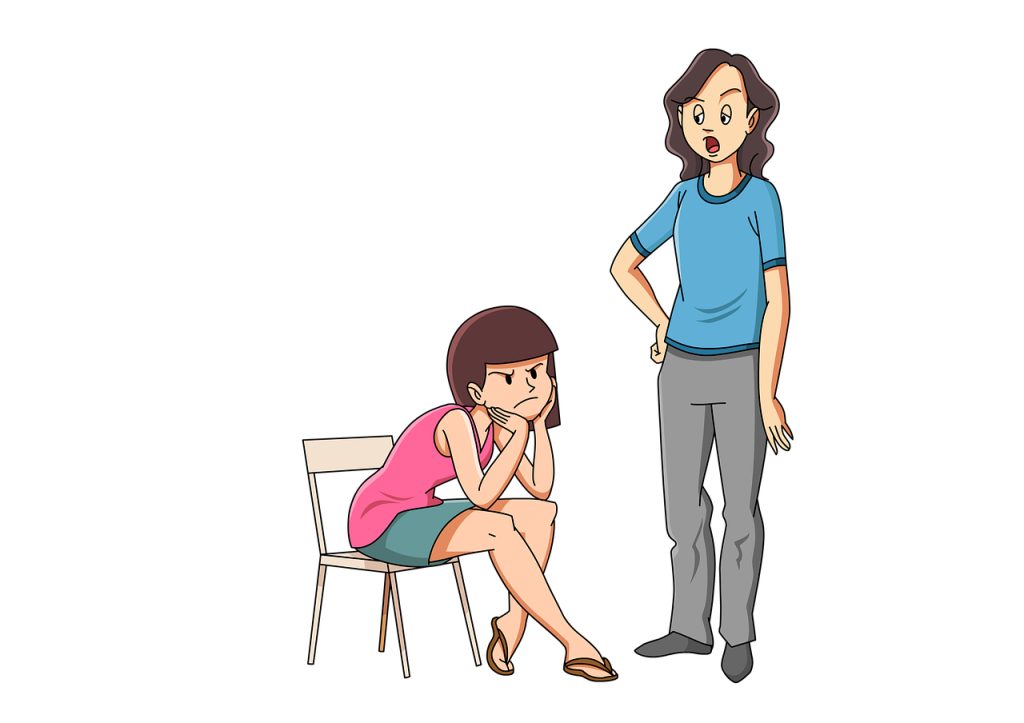When your child is old enough to know better but still doesn’t listen to you and do as they’re told, it can be more than a little frustrating.
How many times do you have to ask or tell your child to tidy their room before they do it? To come off that video game? To come inside from playing? To say please and thank you?
There are a lot of reasons why your child might not be paying attention and doing as you ask, some of these are easier to combat than others, but we’ve put together some tips to help you through these difficult situations.
- They’re only human – we’re all reluctant to do something we dislike, and just like adults, children will often push-back if told to do something they just don’t want to do, especially if they feel as though they’re being controlled. This can be especially damaging to a child’s sense of self, with stronger-willed children acting out, whilst others can start to lose the ability to stand up for themselves. To try and combat this, you need to choose your battles and above all else, communicate with your child. Explain to them the reasons behind what you’re asking and allow them to make their own decisions and face the consequences. This will encourage them to become self-dependent, making choices based on their beliefs of right and wrong, instead of simply being obedient.
- It doesn’t seem important – when your child is in the middle of trying to overcome a particularly difficult level of a video game, playing with their toys, or any number of other things, whatever you’re asking them to do, be it food, bathing, or sleep, might not seem as important to them. It’s important that you acknowledge what they’re trying to achieve and then negotiate and make it clear that what you’re asking is important and needs to become a priority.
- They’re used to raised voices being used to get their attention – it’s easy to shout at a child when they’ve ignored your repeated request and continue to do so. That’s your child’s way of testing your boundaries, to see what you’ll do next and what exactly they can get away with. The problem with this is that your child will quickly learn that they can ignore you until you start to shout. This is both problematic and dangerous. To resolve issues like this, bring yourself down to your child’s level, make eye contact, and use physical contact before speaking calmly and clearly. There’s no point talking to your child if they’re distracted so wait until they’re looking at you before speaking.
- They’re lost in another world – when you’re engrossed in a good book, a film, or a video game, do you always notice when someone speaks to you? Are you even paying attention? We all get a little lost in other worlds, even inside our own mind, which can make it difficult to focus on the real world. Sometimes, children just need our help. Give them a calm warning with a specific time limit, but also acknowledge what they’re doing i.e. “Wow, that looks amazing. You can play for another five minutes and then it’s time for dinner, okay?” Then come back in five minutes with a quick reminder of your deal. “Remember our deal? It’s been five minutes so it’s time for dinner now.”
This advice won’t work every time and it’s unlikely that it’ll work immediately, but with time, these tips can help you to regain your child’s attention and make routine tasks less unpleasant for all involved.

